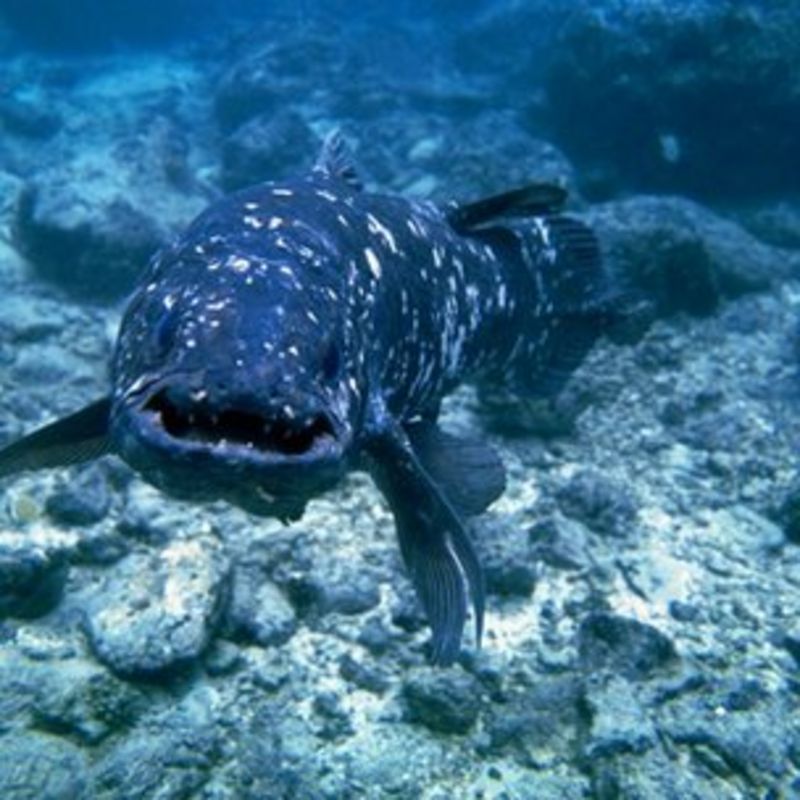Possible strategies: all the strategies
You’re wrong. Doesn’t include the Perez and Stroll four stop strategy for change of nose!
How do they determine that? I know it is a balance between speeds and stops. But these days when pit stops are under 5 seconds, how significant are the stops?
The actual pit stop is around 3 seconds. Pit entry and exit being limited to 80 kph (or even to 60 on some circuits) is what costs around 20 seconds (again, this varies by circuit).
The stop itself is only 2-3 seconds, but the total time loss is about 20 seconds because there is a speed limit in the pit lane.
Also, doing more pit stops means that you exit the pit lane behind the traffic, wnd you lose more time when overtaking.
You also have to account for the time going in and out the pitlane. All in all, you lose 20s roughly. Those seconds you would have to make up for with the new tires.
Usually you can ignore Pirellis predictions, they are not worth much. It’s a theoretical model, in practice you have to account for weather changes, safety cars, the gap you will return to after the pit stop, defending from or executing under cuts and several more factors.
deleted by creator
It’s the difference between going all out in the third stint or taking it a bit slower.
Depending on the car and driver and track conditions it will depend.
It’s not always softer = faster even for the same amount of laps. Softer tyres don’t last as long AND lose performance faster, so if you could get 15 laps from the soft you probably could do it faster on the mediums.
Hope that made sense
Suggesting a three-stopper with two Hard stints while also suggesting the Hard can go 40-46 laps on the one-stop? I know there is a reason I’m on the couch and not the pitwall but what am I missing?
Not an expert here but just because two strategies say that you can for example do 20 laps on hards it doesn’t mean that those 20 laps are at the same pace.
What these graphs can’t include is the degradation of the tyre due do differences in driving style. So for that three stopper the hards are probably better than the stops because you can drive them aggressively for longer than the softs.
When the hards last for 40-46 laps the pace will be much slower and the tyres will need to be looked out after.
Of course, but are they really going to be a full pitstop faster?
So two and four are the real options, with three being an option if there is a late safety car? Just like most races?
Bribing the officials is another successful strategy.





